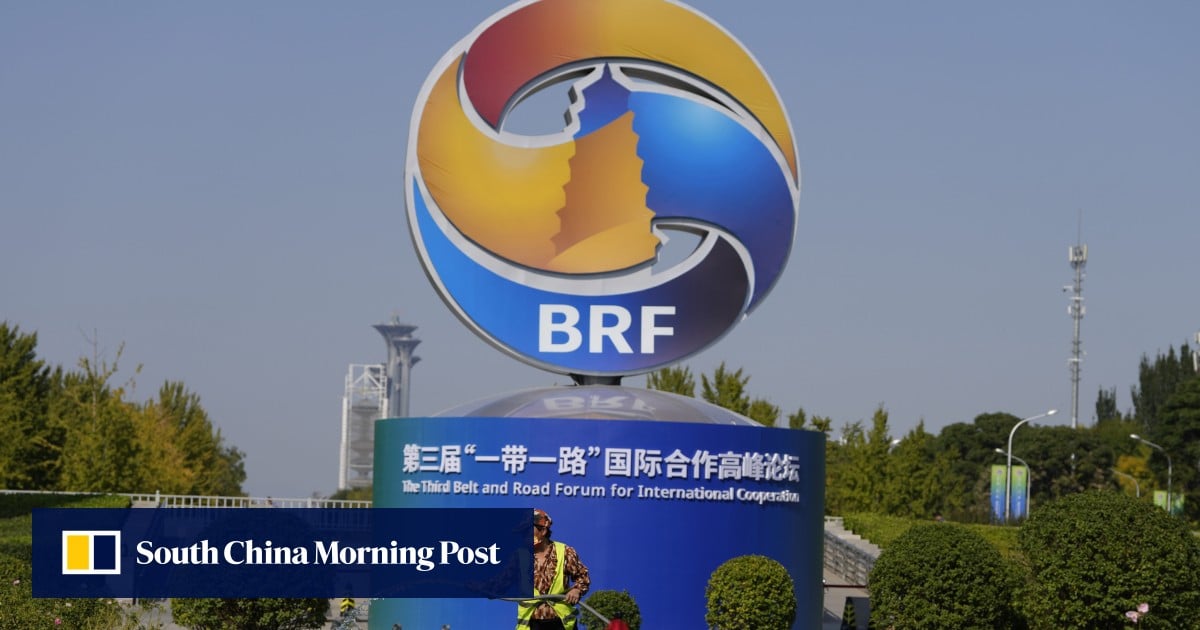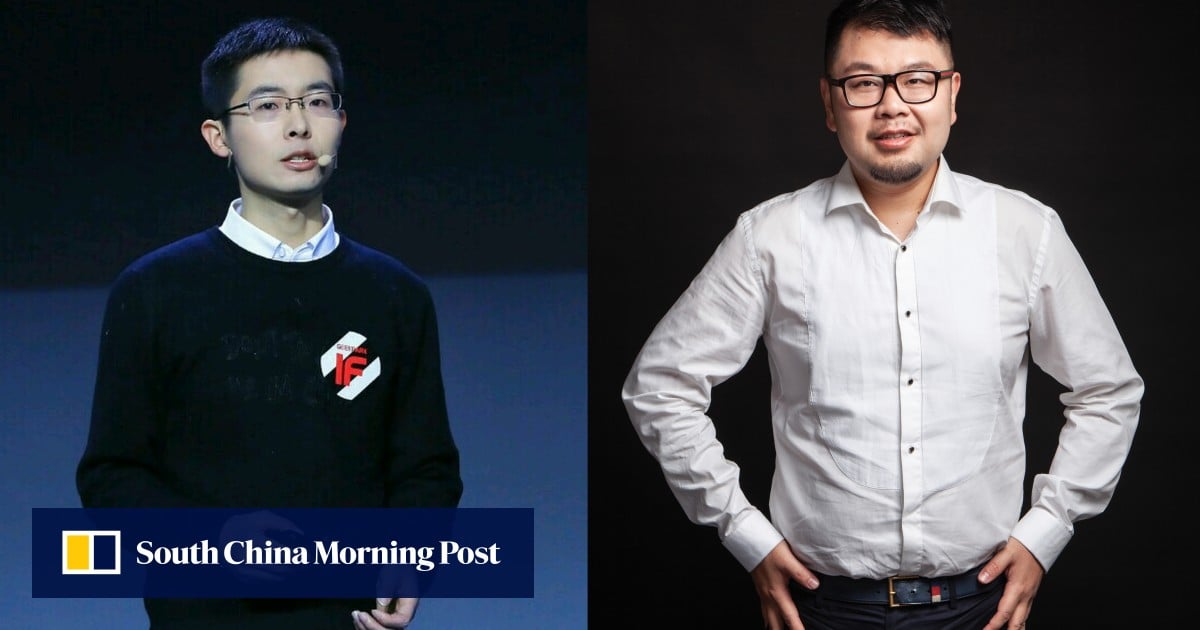Feel strongly about these letters, or any other aspects of the news? Share your views by emailing us your Letter to the Editor at [email protected] or filling in this Google form. Submissions should not exceed 400 words, and must include your full name and address, plus a phone number for verification
I refer to the report, “Syria appoints foreign Islamist fighters, including Uygurs, to military: sources” (
December 31).
The separatist Turkistan Islamic Party (TIP) said in a statement that the commander of its forces, a Chinese Uygur militant, was appointed a brigadier-general. This has been confirmed by a Syrian military source. The statement also said two other Uygur fighters received the rank of colonel. China labels the TIP a terrorist organisation responsible for plots to attack overseas Chinese targets.
While the bulk of the Hong Kong business community has little to do with Xinjiang Uygur autonomous region, where most of the Uygur ethnic group lives, there is still a small number of low-key businesses long established in Xinjiang that have large capital commitments and real operations there. Much consideration must be given to how to protect these businesses and ensure employee safety, not to mention the threat of Western
sanctions related to accusations of labour and human rights abuses. Those involved in manufacturing cannot easily exit the region, as those involved in trade can, given their firm roots there.
A bigger worry is the large number of Chinese state-owned enterprises that have business investments and operations in Central Asian countries immediately bordering Xinjiang that have been subject to militant action for many years. These businesses and their workers have taken up the task of turning the Belt and Road Initiative into reality.
Source link
Visited 1 times, 1 visit(s) today

